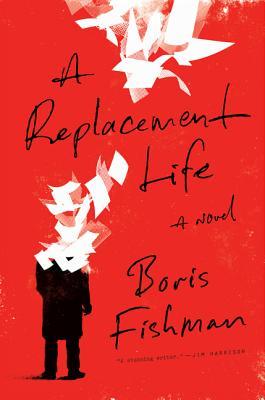Together Tea is the story of Darya, who immigrated from Iran after the Islamic Revolution with her husband Parviz and her daughter Mina. As the book begins, we see that Darya is working hard to find the perfect husband for Mina, who is in business school but longs to be an artist. Mother and daughter take a trip back to Iran to visit family and friends.
The book sort of wanders around in time and perspective, from the present day to the past in Iran, and I kept getting Darya and Mina confused for some reason, but the background of the Iranian immigrants was fascinating. The amazing story and pride of the Persian people in their heritage and the enormous upheaval is a fascinating story. I loved the characters as well, particularly the father, who speaks primarily from his study of motivational speaking tapes, and the feisty Bita, Mina’s childhood friend. I also loved the look at the culture, the roopoosh, the tarof. So fascinating. Plus, a little bit clever and witty.
“They were playing the Persian game of tarof, a verbal tradition stressing exaggerated politeness and formality in interactions, a ritual filled with flowery flattery, endless displays of respect for the other, dramatic self-effacement, and indirect answers to unnecessary questions. Darya and Baba relished this communicative art, through Mina had spent years resisting it.” (p. 20)
“Mina had the germ of an idea: If she went back to Iran, she could figure out what her family had been, what they’d lost, what they’d gained. She could expel this sense of never belonging, feeling lost. She could “find herself,” like every character in every book she’d ever read about immigrants going back to the homeland.” (p. 59)
“Mina knew how to study and work very hard. She knew how to swing her legs on that hyphen, and on that hyphen she would stay, carrying memories of the one place from which she had come and the other place in which she must succeed. The hyphen was hers--a space small, potentially precarious. On the hyphen she would sit and on the hyphen she would stand and soon, like a seasoned acrobat, she would balance there perfectly, never falling, ever choosing either side over the other, content with walking that thin line.” (p. 67)







